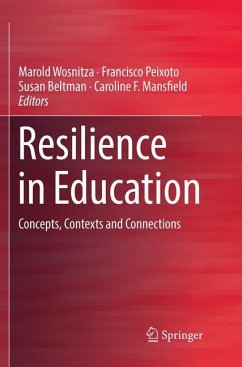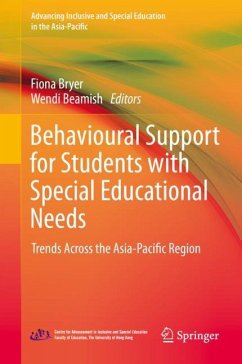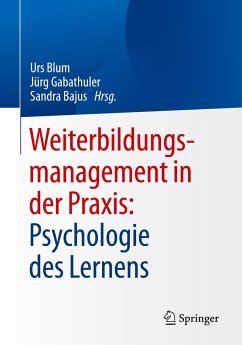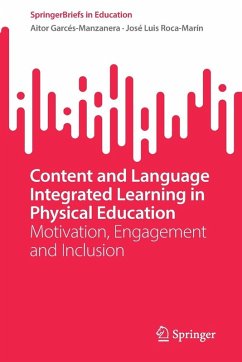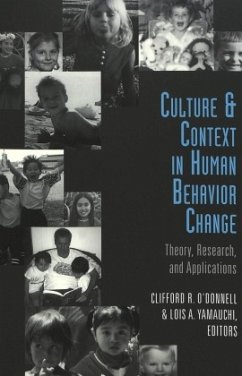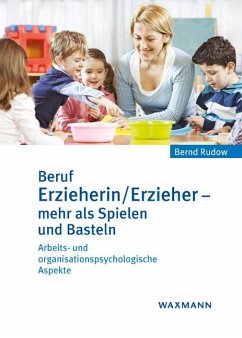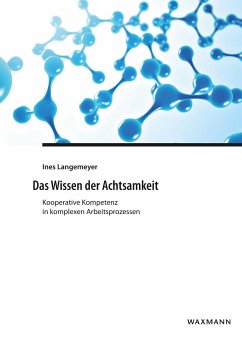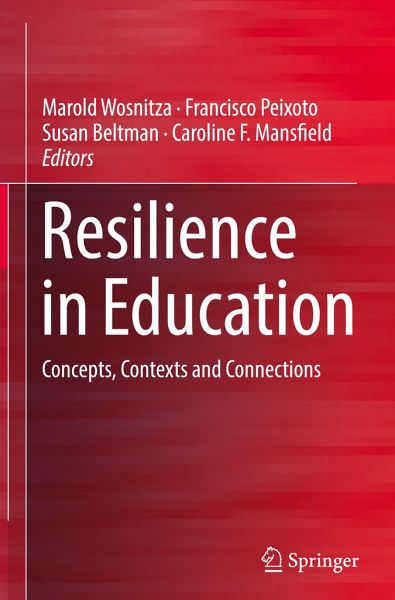
Resilience in Education
Concepts, Contexts and Connections
Herausgegeben: Wosnitza, Marold; Peixoto, Francisco; Beltman, Susan; Mansfield, Caroline F.

PAYBACK Punkte
65 °P sammeln!
This volume focuses on resilience in educational contexts which has emerged as an important field of research, with recent investigation into resilience of school students teachers, and post-secondary students and staff. The book integrates theoretically diverse viewpoints and research advancing relevant theory. It furthermore presents interventions which aim enhancing resilience in the educational context. The interplay between more basic research and actual practice in the classroom, university or workplace enriches relevant theory and research. Each chapter includes an explanation of how re...
This volume focuses on resilience in educational contexts which has emerged as an important field of research, with recent investigation into resilience of school students teachers, and post-secondary students and staff. The book integrates theoretically diverse viewpoints and research advancing relevant theory. It furthermore presents interventions which aim enhancing resilience in the educational context. The interplay between more basic research and actual practice in the classroom, university or workplace enriches relevant theory and research. Each chapter includes an explanation of how resilience is conceptualized in the research and the methods used to examine resilience. The chapters also provide a description of the context in which the research was conducted and how particular aspects of context influence the resilience process. Innovative approaches to exploring resilience are highlighted as well as directions for future research.





